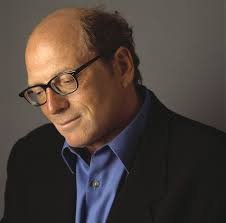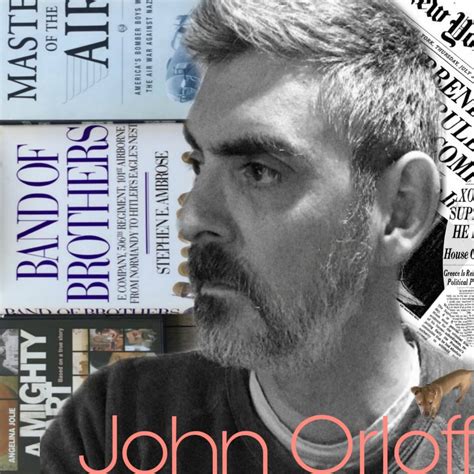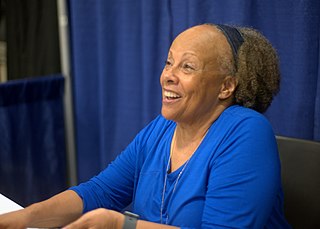A Quote by Oscar Hijuelos
As a fiction writer you train yourself to think about situations subjectively. I don't really care for narratives that are just A, B, C, D, and then E. I like the aura that fiction has, how it can conjure up dream imagery. It's a sort of emotional speculation that you can shape and work with.
Related Quotes
I remember reading an interview with a writer who said that in nonfiction if you have one lie it sort of messes it up. But in fiction the real details give you so much more credibility, because people do so much research just to write fiction. In fiction you're trying to recreate something lifelike.
With Rodham, for instance, it has to work on an emotional level. It has to work on a character level. If it's only "Look, it has famous people," then it's a wax museum come to life and that's really boring. It's sort of like what they say about science fiction and horror where the really good ones, if you remove that element of it, it still has to work. That's the reason The Shining works or Rosemary's Baby or Blade Runner.
I have always been intensely uncomfortable with the idea of a science fiction writer as prophet. Not that there haven't been science fiction writers who think of themselves as having some sort of prophetic role, but when I think of that, I always think of H.G. Wells - he would think of what was going to happen, and he would imagine how it would happen, and then he would create a fiction to illustrate the idea that he'd had. And no part of my process has ever resembled that at all.
Memory is like fiction; or else it's fiction that's like memory. This really came home to me once I started writing fiction, that memory seemd a kind of fiction, or vice versa. Either way, no matter how hard you try to put everything neatly into shape, the context wanders this way and that, until finally the context isn't even there anymore... Warm with life, hopeless unstable.
All fiction, if it's successful, is going to appeal to the emotions. Emotion is really what fiction is all about. That's not to say fiction can't be thoughtful, or present some interesting or provocative ideas to make us think. But if you want to present an intellectual argument, nonfiction is a better tool. You can drive a nail with a shoe but a hammer is a better tool for that. But fiction is about emotional resonance, about making us feel things on a primal and visceral level.
I think it's important to humanize history; fiction can help us remember. A lot of books I've read in the past have been so much more important than textbooks - there is an emotional connection with one particular person. I'm very much of a research-is-important type of fiction writer, even for contemporary fiction. I wrote about blogs in America and I've never blogged. But I read many, many blogs - usually about feminist things, or about race, or about hair.
There are loads of sociopolitical, racial, class and future-planet situations that really interest me, but I'm not really interested in making a film about them in a film that feels like reality because people view that in a different way. I like using science fiction to talk about subjects through the veneer of science fiction.
I'm so deeply interested in what it feels like to be other people that I get to operate under the illusion when I'm writing fiction that I'm not really revealing that much about myself. But, of course, I am, and I know that I am. And yet there's this sort of membrane that I get to work behind as I write my fiction, and I love it.






































